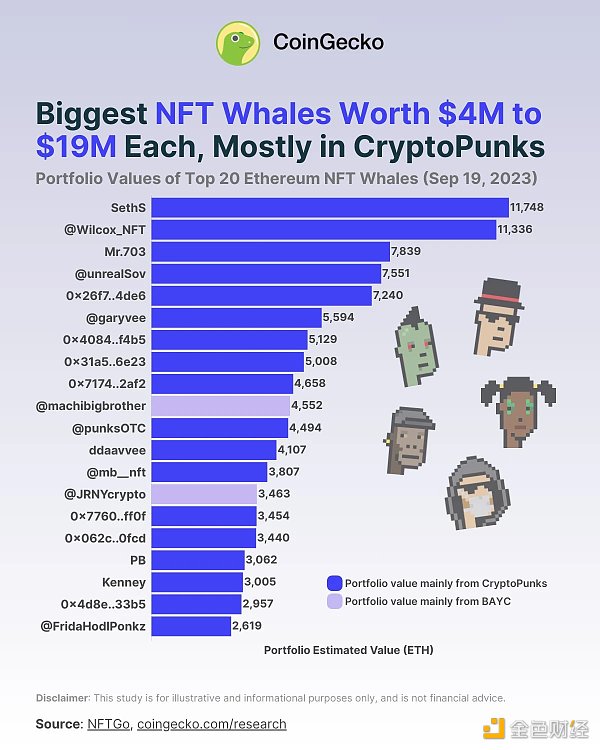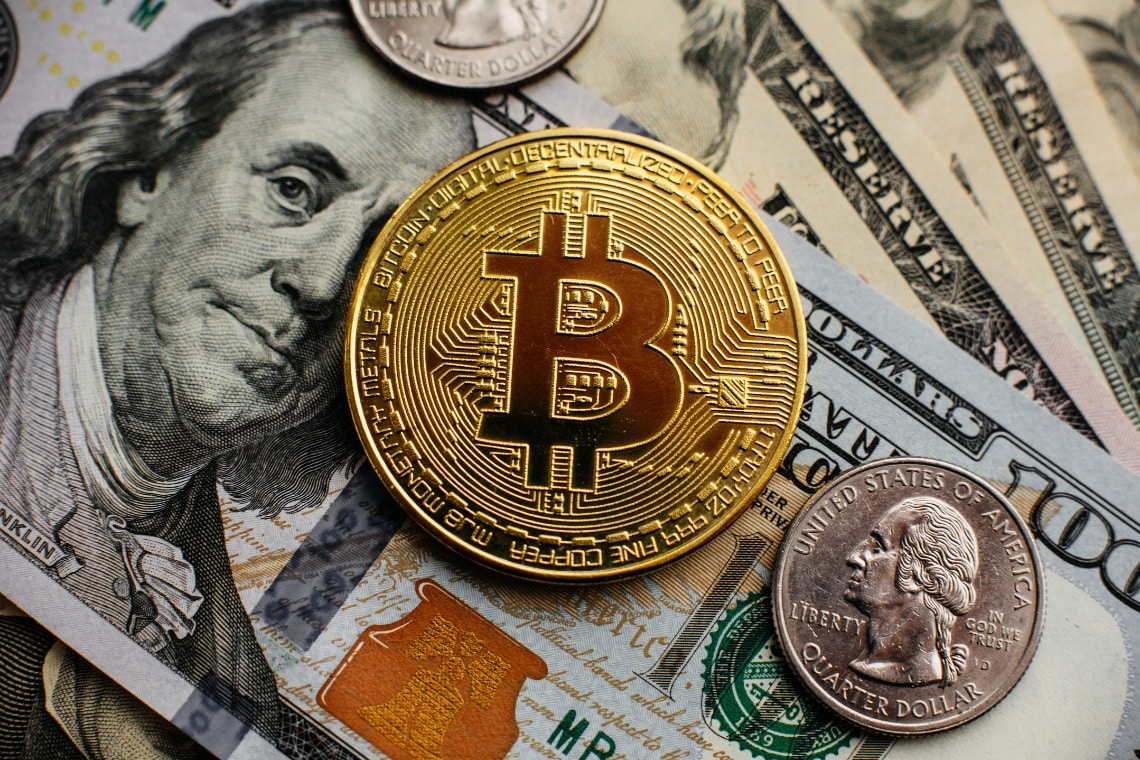Count the history of China's policy on the blockchain in these years
On October 24th, Xi Jinping, the general secretary of the CPC Central Committee, made four instructions on the blockchain in the eighteenth collective study held by the Political Bureau of the CPC Central Committee:
First, we must take the blockchain as an important breakthrough for independent innovation of core technologies;
Second, it is necessary to strengthen the research on blockchain standardization and enhance the right to speak and rule in the world;
Third, we must promote the deep integration of blockchain and the real economy;
- Case editing | Which industries have been innovated in the blockchain of one night?
- Viewpoint|Does the blockchain technology really have nothing to do with the price of the currency?
- Getting started with blockchain | Hope the blockchain "talking words" friends, you can understand here
Fourth, we must implement the rule of law network into the management of blockchain and promote the safe and orderly development of blockchain.

When the policy came out, it was immediately screened by friends. Whether it was a blockchain practitioner or never heard of a blockchain, they had a deeper or deeper understanding of the word blockchain on the same day. In fact, since the birth of Bitcoin in 2008, the Chinese government has begun to pay close attention to the blockchain field. During the period, many relevant policies and regulations have been promulgated, which has made an indelible promotion of the development of the blockchain. Today, we will talk about these policies and regulations one by one.
1. In December 2013, the People's Bank of China, the Ministry of Industry and Information Technology, the China Banking Regulatory Commission, the China Securities Regulatory Commission and the China Insurance Regulatory Commission jointly issued the Notice on the Prevention of Bitcoin Risk. The notice emphasizes that Bitcoin is not a currency; Bitcoin is only a virtual commodity, and ordinary people can buy and sell freely at their own risk; no financial institution or payment institution can price bitcoin for products or services, nor can they buy or sell. Or buy and sell bitcoin as a central opponent.
2. In 2014, the central bank established a special research group on legal digital currency to demonstrate the feasibility of the central bank issuing legal digital currency.
3. In 2015, the central bank began to investigate some key issues in the digital currency field, such as digital currency issuance and business operation framework, key technologies of digital currency, digital currency issuance and circulation environment, legal issues faced by digital currency, etc. A series of research reports.
4. In January 2016, the central bank held a digital currency seminar. Digital currency research experts from the People's Bank of China, Citibank and Deloitte Company conducted special discussions on the overall framework of digital currency issuance and the issue of nationally issued passwords and electronic money. communicate with. The meeting was also seen by the industry as the beginning of promoting the issuance of digital currency by the central bank.
5. In October 2016, the Ministry of Industry and Information Technology released the White Paper on China's Blockchain Technology and Application Development (2016). The White Paper provides a detailed summary of the development status and typical application scenarios of blockchains at home and abroad. And introduced the roadmap of China's blockchain technology development and the future direction and progress.
6. In December 2016, the State Council officially issued the “13th Five-Year National Informationization Plan”, which directly pointed out that by 2020, the construction of 'Digital China' should have significant results, and the informationization capability should be among the highest in the world. For the first time, the blockchain technology was included in the national informationization planning content.
7. On September 4, 2017, the People's Bank of China, the Central Network Information Office, the Ministry of Industry and Information Technology, the State Administration for Industry and Commerce, the China Banking Regulatory Commission, the China Securities Regulatory Commission, and the seven branches of the China Insurance Regulatory Commission jointly issued the "Announcement on Preventing the Risk of Subsidy Issuance Financing". The announcement pointed out that there are multiple risks in the financing and trading of virtual currency such as Bitcoin and Ethereum, which is essentially an unauthorised illegal financing behavior. At the same time, the announcement also requires that all types of token issuance financing activities be stopped immediately from now on. At the same time, organizations or individuals that have completed financing activities should make arrangements for retiring as soon as possible. The "May 4th" announcement is like a mine, causing strong shocks in the circle. It is considered to be the first step for China to make strong regulation of digital currency.
8. On August 24, 2018, the five departments of the Yinbao Supervisor issued the “Prompt against the risk of illegal fundraising in the name of “virtual currency” and “blockchain”, which clearly stated that whether it is 1CO, IFO or IEO Or IMO, is an illegal financing activity under the banner of the sharing economy.
9. On June 28, 2019, the Beijing Internet Finance Industry Association issued the “Risk Tips on Keeping Vigilance on Investing in the Virtual Money Market”. The suggestion pointed out that if organizations or individuals were found to be “digital currency” or “blockchain” "Financial innovation" is an illegal financing activity carried out by Xunzi. The general public can report to the relevant financial regulatory agencies or industry associations. If they are suspected of committing crimes, they can also report to the public security organs.
10. On August 21, 2019, the Central Committee of the Communist Party of China issued the "Opinions on Supporting Shenzhen's Pioneering Demonstration Zone for Socialism with Chinese Characteristics," which stated that it supports Shenzhen's innovative applications such as digital currency research and mobile payment, and promotes RMB international. Let's take the lead and try to explore innovative cross-border financial supervision.
11. On October 24, 2019, General Secretary Xi Jinping pointed out in the eighteenth collective study conducted by the Political Bureau of the CPC Central Committee in the afternoon that the blockchain should be regarded as an important breakthrough for independent innovation of core technologies; Improve the right to speak internationally and rules; promote the deep integration of blockchain and real economy; implement the rule of law into blockchain management, and promote the safe and orderly development of blockchain.
It can be seen from the above combing that science and technology have profoundly affected the future and destiny of a country. As a high-tech, the blockchain plays an invaluable role in China's economic growth and international influence. From General Secretary Xi Jinping's According to the instructions, this has been highly recognized by the state. Perhaps the spring of the blockchain has come.
Author: Dipperin
We will continue to update Blocking; if you have any questions or suggestions, please contact us!
Was this article helpful?
93 out of 132 found this helpful
Related articles
- Comment: Blockchain, a new round of economic growth engine
- Li Guoquan: How can the blockchain industry be more easily recognized for regulatory approval?
- Weekly News | Important economies have expressed their stance on digital currency, digital currency rebound resistance
- The second batch of list release of the network information blockchain record concept stocks rose again (with a list of listed companies)
- Open letter from the Chairman of the Financial Stability Board to the G20 Finance Minister and the Governor of the Central Bank (full text translation)
- 12 famous people from all walks of life, why do they enter Bitcoin, Ethereum, Ruibo…
- Looking at the blockchain project from the "God perspective"






